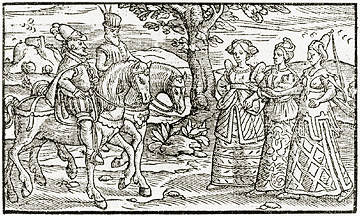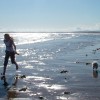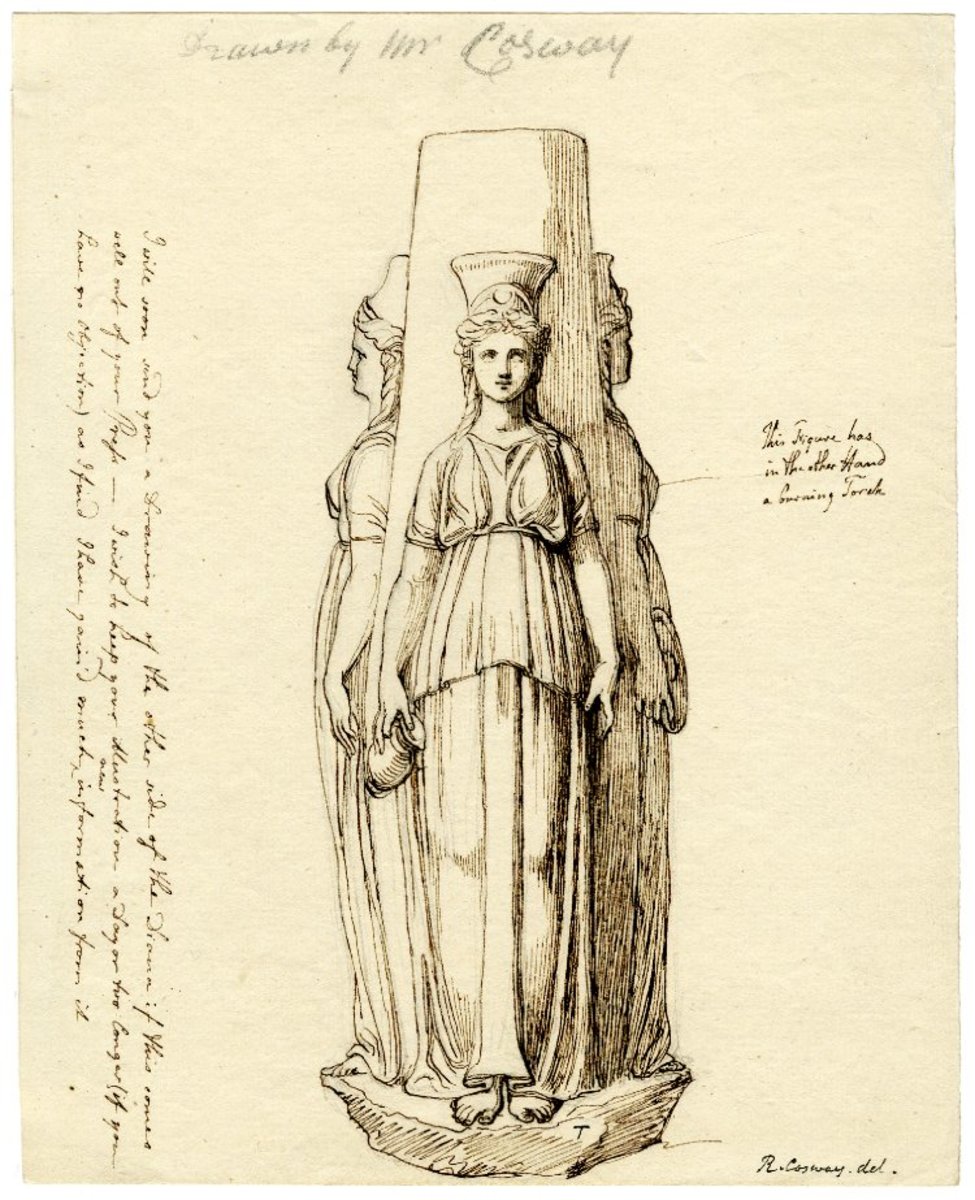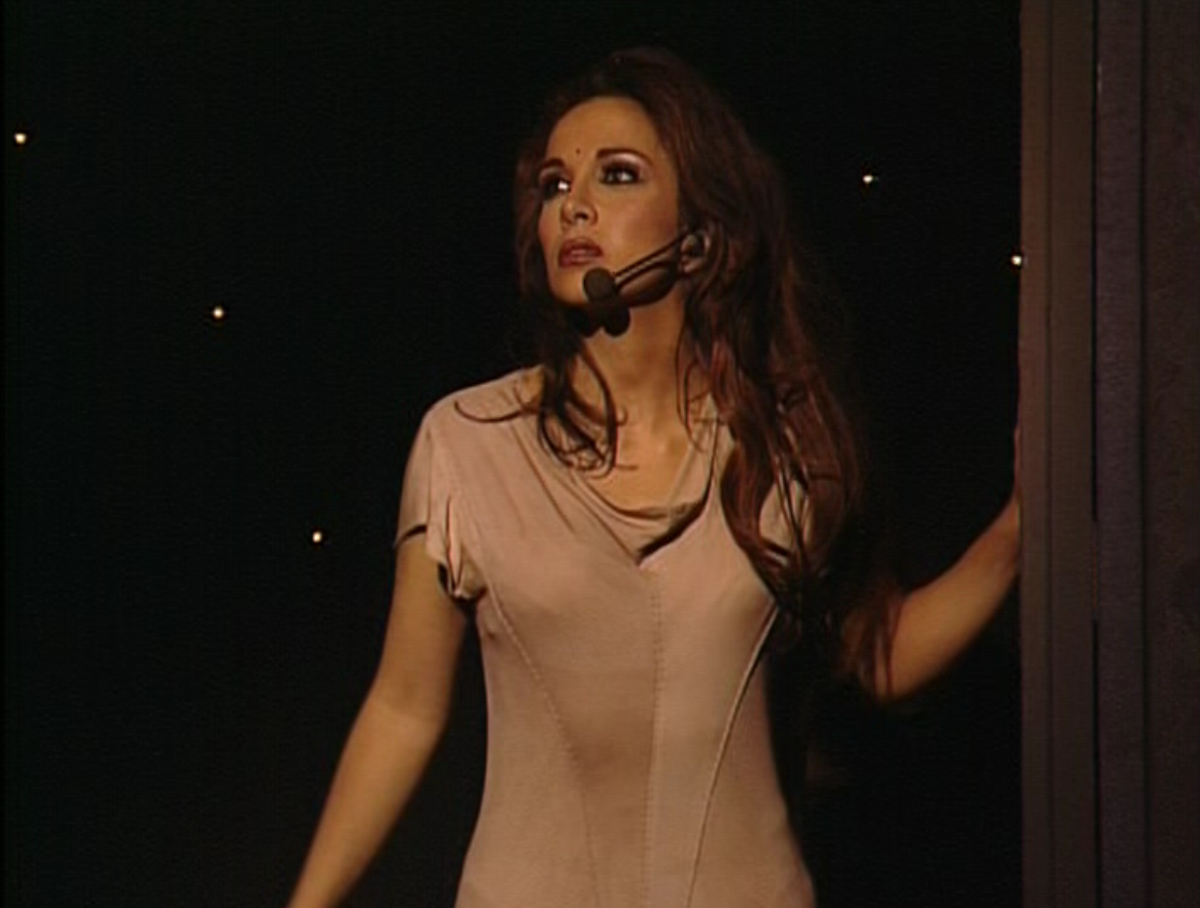Why It Is Bad Luck To Say Macbeth In A Theater

Shakespeare's Macbeth
Almost from the moment the play was first performed, people have had a superstitious belief that William Shakespeare's Macbeth is cursed. The idea that bad luck surrounds the play has become so much a part of theater tradition that many actors still do not utter its name. Instead, they refer to it as The Scottish Play, a reference which may relate either to its setting in the Scottish Highlands, or to the fact that it was written in honor of King James I of England (James VI of Scotland).
So, where does the idea of a curse come from and how do you break it if you accidentally speak the name of Macbeth within the theater?
Origins of the Curse of Macbeth
There are several different stories relating to how the play came to be cursed:
- Shakespeare used real witches curses in his text and this is where the bad luck springs from
- The person responsible for finding props for the first staging of the play stole a cauldron from a coven to use in the production
- Shakespeare consulted witches about how to create the characters of witches and they were insulted by his portrayal of them as old crones, so they cursed the play
Or, it could simply be that when a production of Macbeth was announced, it was a sign that a theater was in financial difficulty. Macbeth is one of the most popular plays of old time and was often put on by struggling theaters to try to draw in audiences.
What Sort of Things Have Happened?
- Well, several mishaps have occurred during various productions of the play:
- One actor had his thumbs cut off when a real sword was used in a fight scene
- In one production in 1937, the director was almost killed in a car crash. Laurence Olivier, who was starring in the play lost his voice and was almost hit by a weight from the stage lights that came crashing down close to him. The founder of the theater had a heart attack and died on opening night and finally, a fragment of Olivier's sword flew off and hit an audience member, who died of a heart attack
- Some years later, a production starring John Gielgud was also hit by a series of unfortunate events. One of the actresses playing the witches died of a heart attack during final rehearsals and the actor playing Duncan also died. Another actress playing a witch collapsed and died on stage and the set designer committed suicide.
- One of the worst disasters in theater history, the Astor Opera House disaster in 1849 in which 22 people died, occurred as a result of rioting between the fans of two famed actors playing Macbeth at different theaters.
So, is the play cursed? Well I'll leave that one to you but I guess any play that's been performed regularly for over 400 years is bound to have been marred by problems every now and then.
How to Break the Curse of Macbeth
Standard curse breaking methods are to recite a line from another Shakespearean play, usually something with a reference to heavenly powers. Another way to break the curse is to spin around three times, utter a curse word and spit over your shoulder. Or, you can always leave the theater, turn around three times and wait until you're invited back inside.







